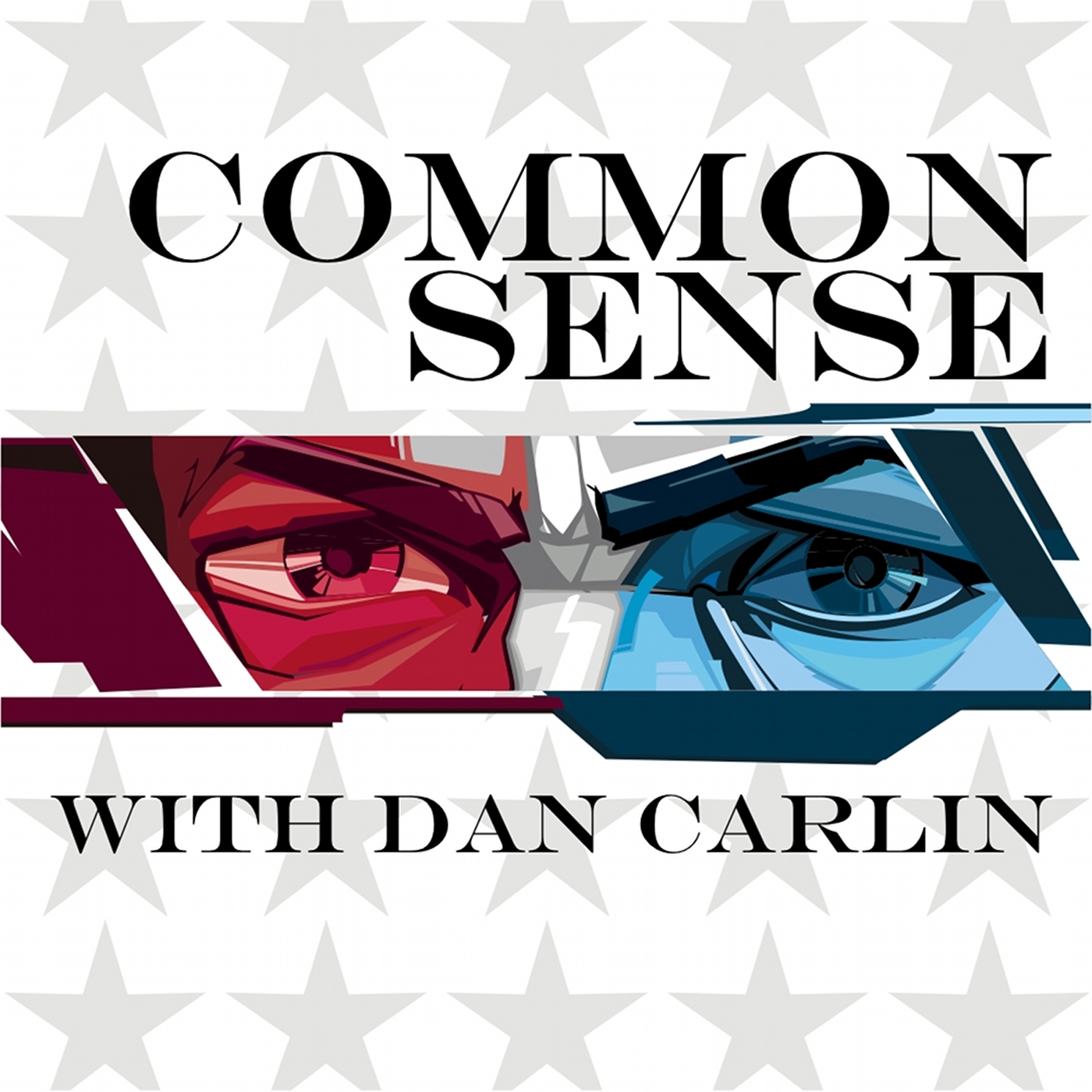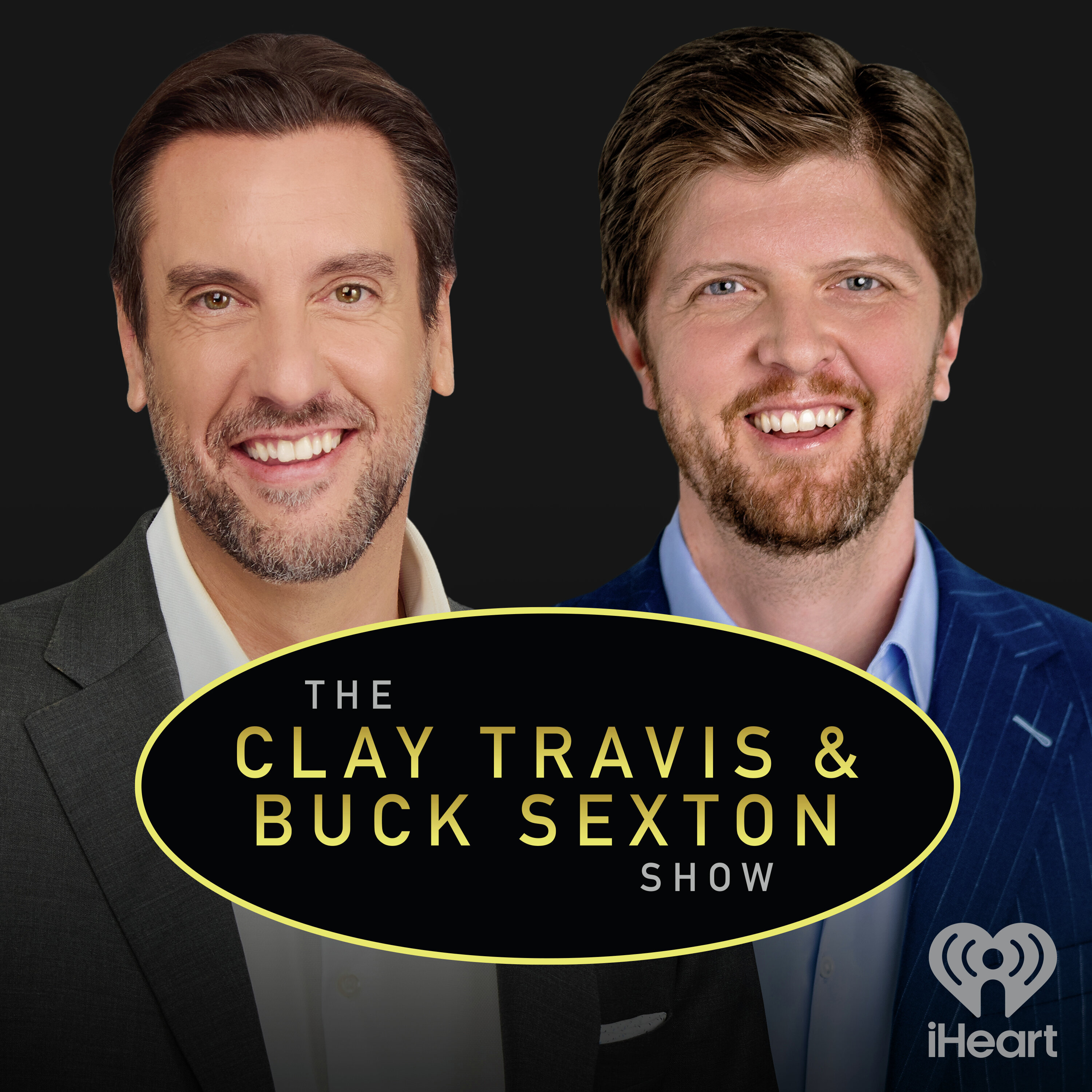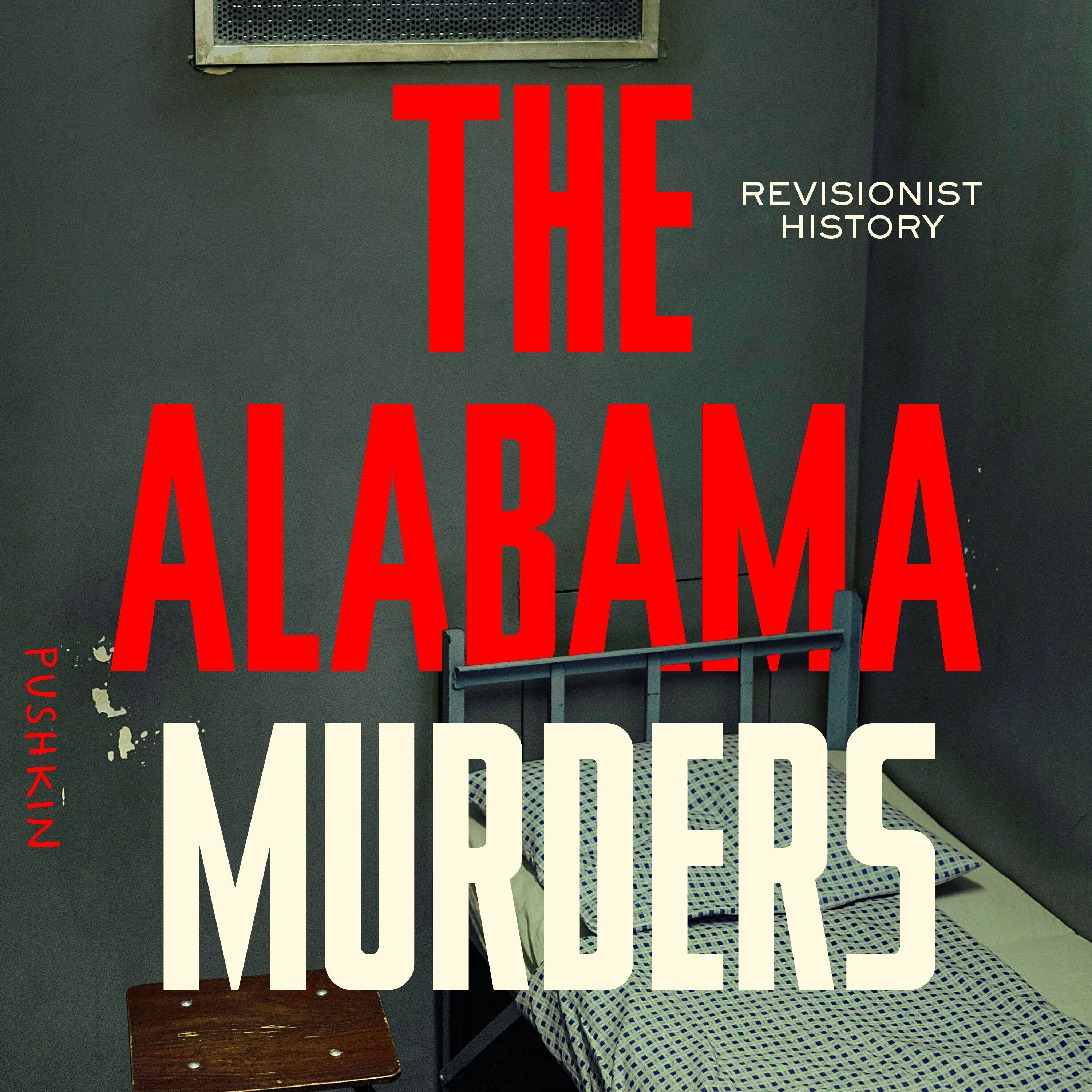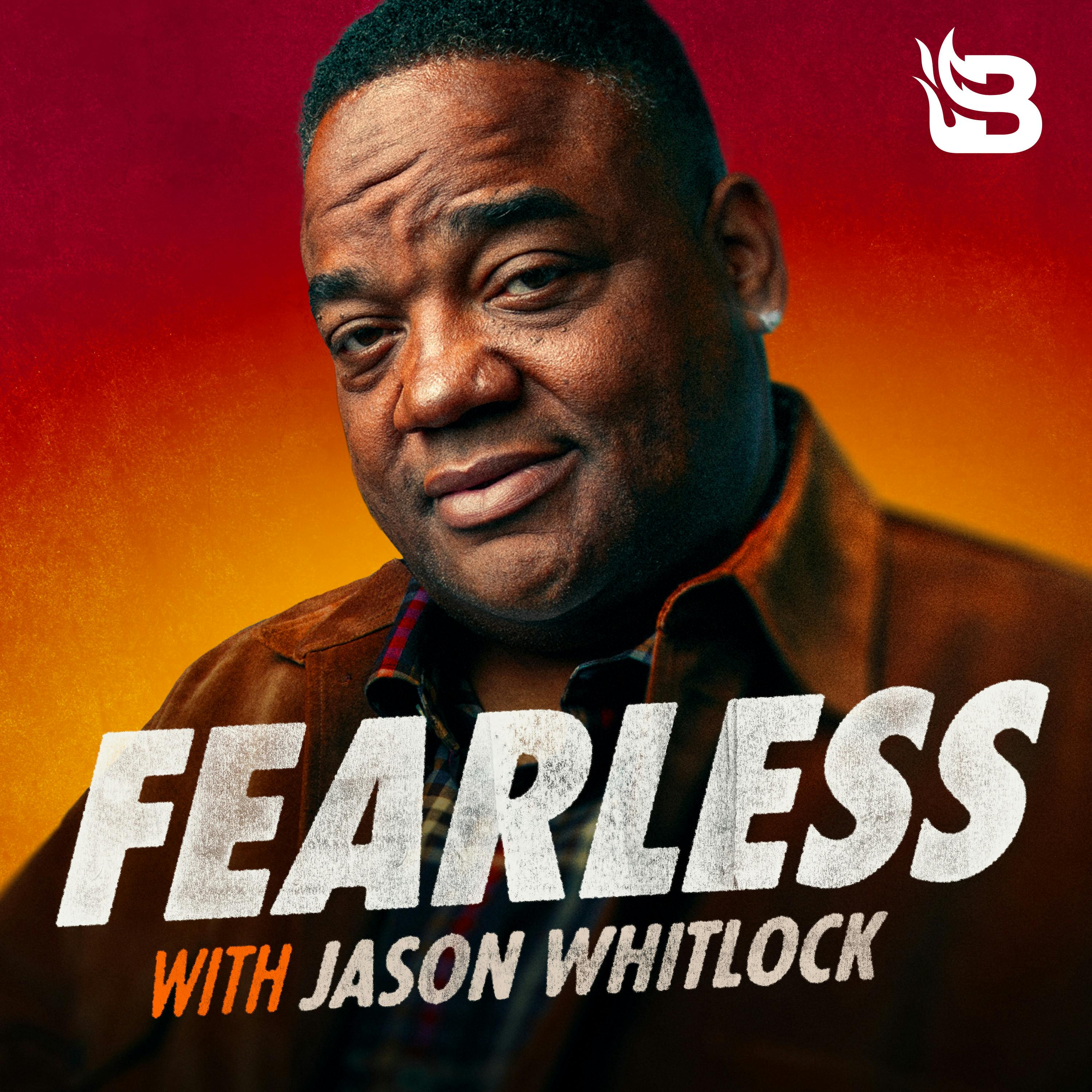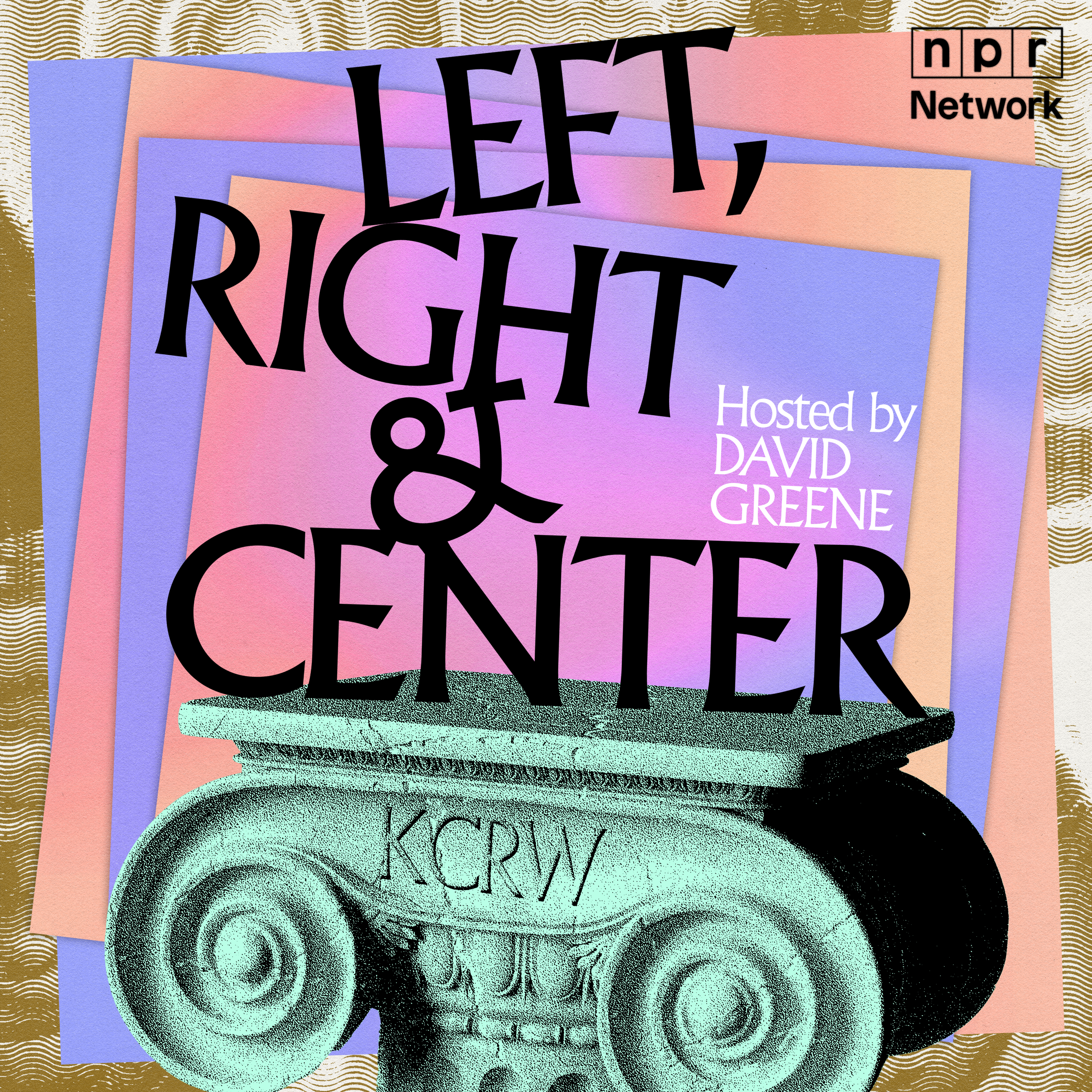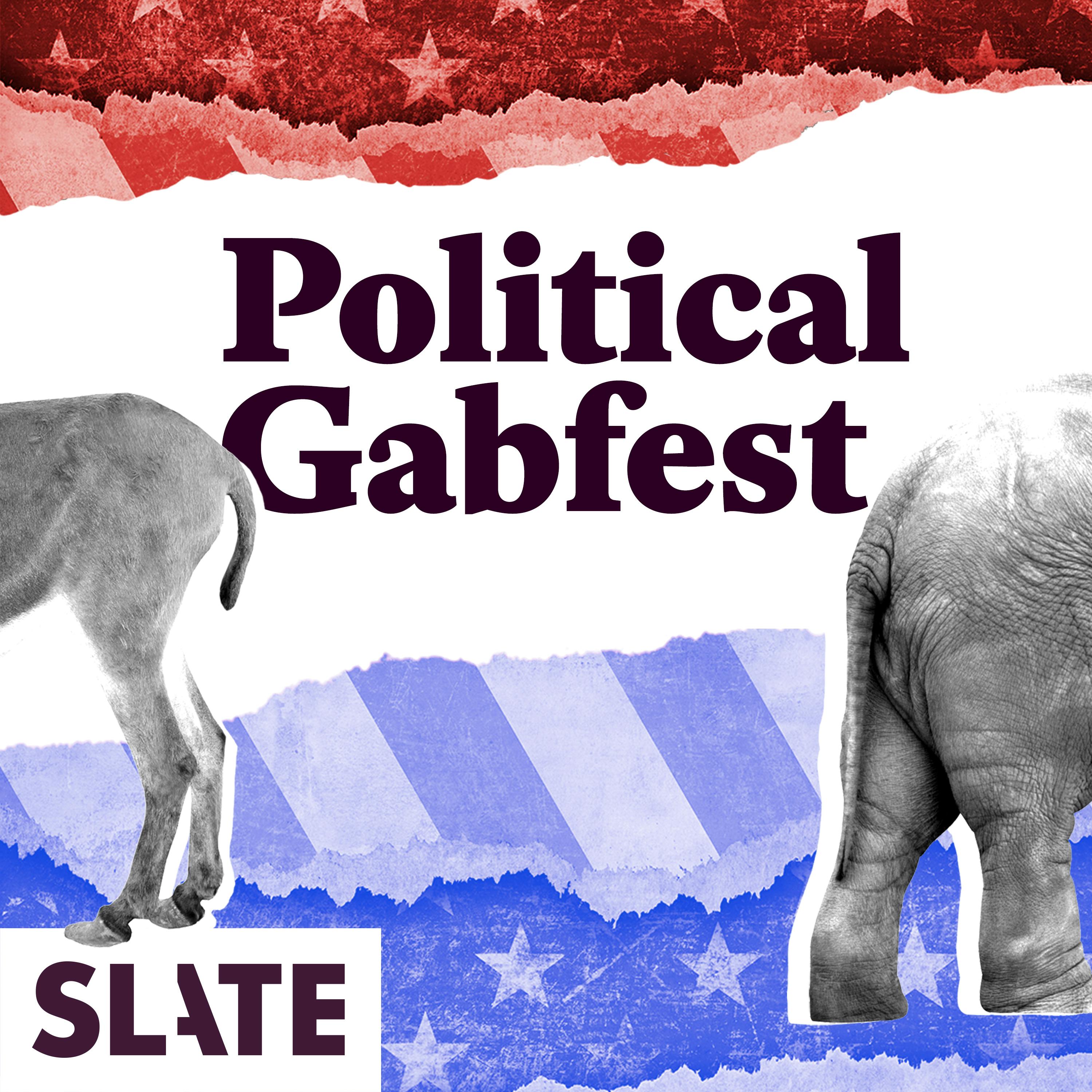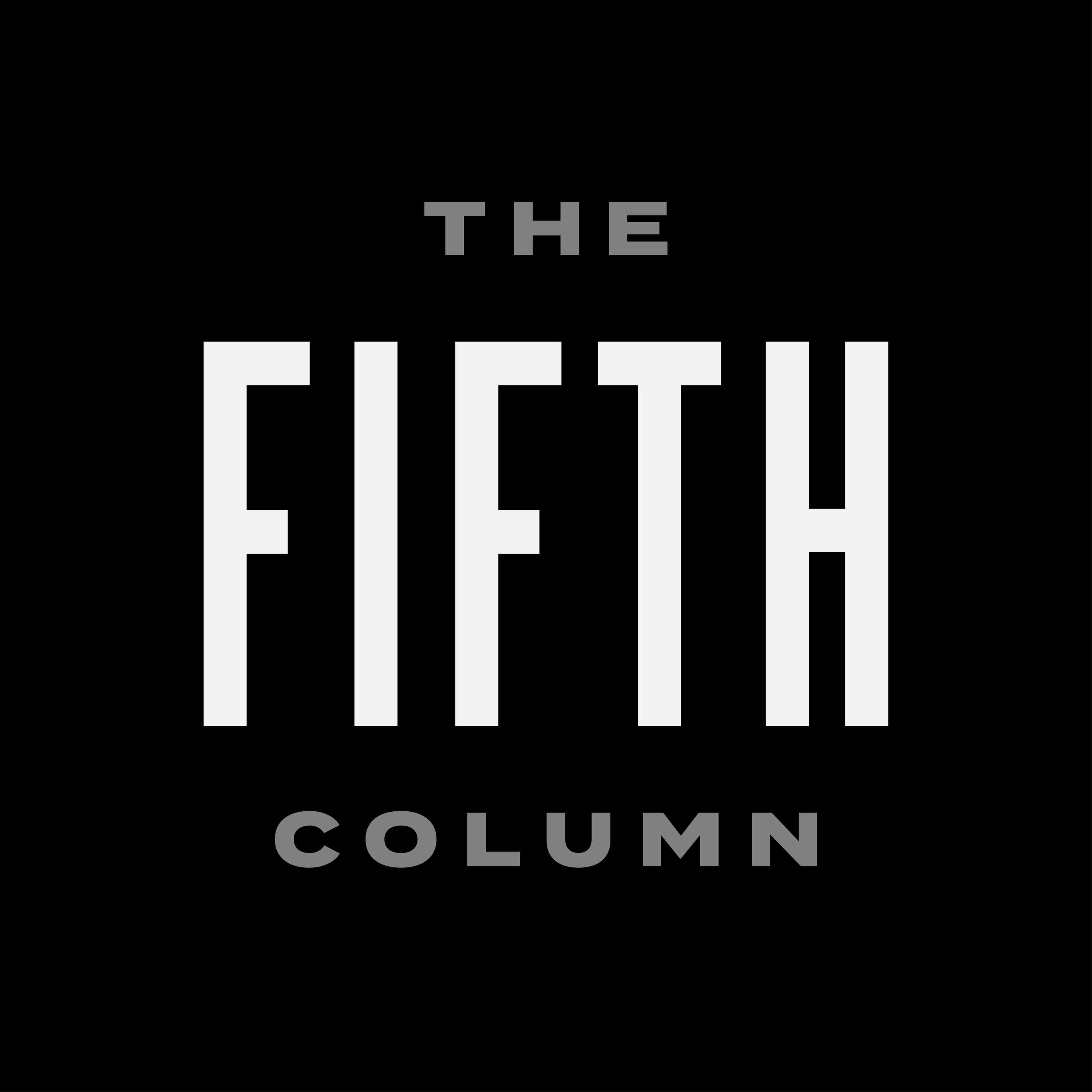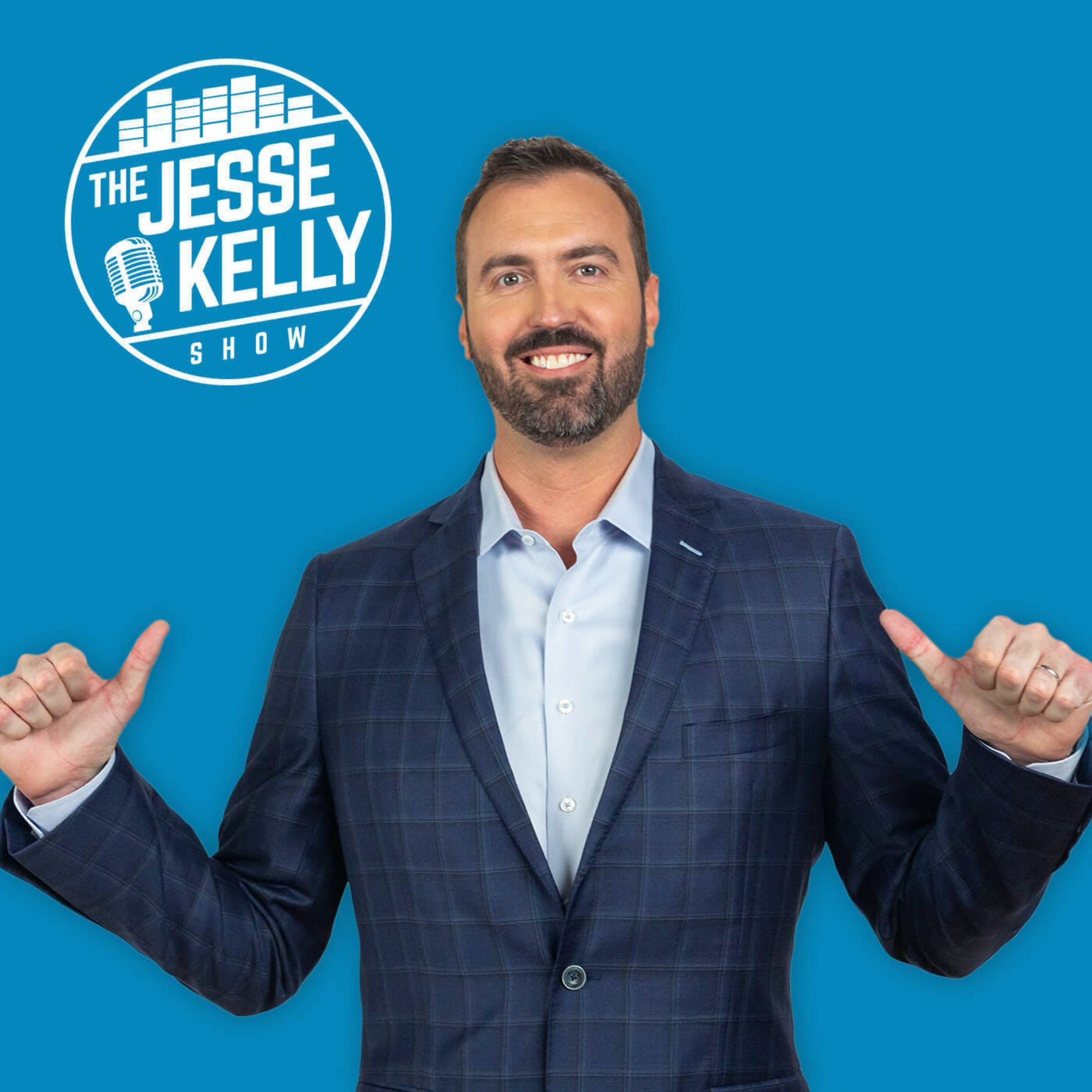
Think First with Jim Detjen
Think First is a short-form podcast that makes you pause — before you scroll, share, or believe the headline.
Hosted by Jim Detjen, a guy who’s been gaslit enough to start a podcast about it, Think First dives into modern narratives, media manipulation, and cultural BS — all through the lens of gaslighting and poetic truth.
Some episodes are two minutes. Some are ten. It depends on the story — and the energy drink situation.
No rants. No lectures. Just sharp questions, quick insights, and the occasional laugh to keep things sane.
Whether you’re dodging spin in the news, politics, or that “trust me, bro” post in your feed… take a breath. Think first.
Visit Gaslight360.com/clarity to sharpen your BS filter and explore the 6-step clarity framework.
Think First with Jim Detjen
Bill Ackman · The Poison of Poetic Truth
When billionaire investor Bill Ackman turned against DEI and broke ranks with the liberal elite, the backlash was immediate. But what triggered his transformation — and why did it take a massacre to wake him up? This episode unpacks how poetic truths and elite echo chambers blinded even the smartest people in the room — until reality shattered the narrative.
Stay sharp. Stay skeptical. #SpotTheGaslight
Read and reflect at Gaslight360.com/clarity
Why does it take bloodshed to make people question a story they were never allowed to disagree with?
Speaker 1:Not a metaphor, a real question. Why did the massacre of 1,200 Israelis, followed by a Harvard student letter backing Hamas, have to be the thing that finally made one of the world's most successful investors say hold on. What exactly are we teaching? And why didn't Bill Ackman, harvard alum, democratic mega-donor, dei supporter in good standing, ask those questions sooner? And if someone like him couldn't see the problem, what are the rest of us missing? I'm Jim Detchen, host of Think First, and today we're talking about echo chambers the soft kind, the educated kind, the kind that's usually followed by a New York Times op-ed and a TED Talk. Bill Ackman lived in one of those for decades, but in the past year something broke Not his bank account, not his ego, his tolerance for polite lies. A few questions worth asking. What's the line between inclusion and indoctrination? Can a good idea still cause harm if no one's allowed to challenge it? And are we seeing the cracks now, because someone finally dared to ask?
Speaker 1:Ackman's unraveling began publicly on October 8, 2023. Just 24 hours after the worst attack on Jews since the Holocaust, 34 Harvard student groups signed a letter blaming Israel, not Hamas, for the bloodshed. Ackman didn't just find it offensive, he found it revealing. The letter wasn't just a bad take, it was a moral inversion and it made him ask the one thing Harvard had trained him not to ask how did we get here? So he went to campus, talked to students, listened to faculty, ran his usual due diligence, but this time on ideology instead of a balance sheet, and what he found wasn't comforting. At first he thought anti-Semitism was the core issue, but soon he realized that was just the visible symptom, the canary in the coal mine. He called it the real problem, a worldview, one that sorted people into clean categories Oppressed or oppressor. One that redefined racism so narrowly it managed to exclude actual racism, especially if it came in the correct direction. In that worldview, jews, asians and white people are oppressors, regardless of context Israel, colonizer, hamas, resistance. And if you disagree, you're the problem. And if you disagree, you're the problem. This is the framework DEI was built on and Bill Ackman, to his own surprise, had helped fund it, echo it and protect it for years, not because he believed in hate, but because, like many people, he believed in words. Who doesn't want diversity, equity, inclusion? They sound like HR-approved morality, something you'd put on a tote bag at Davos.
Speaker 1:But Ackman dug deeper and what he found underneath the slogan was something else entirely. Dei in its modern form wasn't about creating opportunity, it was about rebalancing outcomes. It wasn't merit plus outreach, it was oppression. Math, and as he put it bluntly, quote is racist, because reverse racism is still racism, even if it's against white people. And it's remarkable that I even need to point this out. End quote. No qualifiers, no half measures. Ackman didn't issue a clarification tweet. He posted a 4,000 word essay instead. It read like Martin Luther King Jr meets shareholder letter with a side of legal discovery. Martin Luther King Jr meets shareholder letter with a side of legal discovery.
Speaker 1:The backlash was instant. He was accused of racism by the NAACP, protested outside his New York office, mocked by late-night hosts and quietly unfollowed by the same class of polite donors who once praised his philanthropy. But here's the twist he didn't flinch, not because he likes conflict, but because, as he put it, I realized how ignorant I had been. This wasn't a stunt, it was a shattering. There's a term for what Ackman believed before Poetic truth. Poetic truth is the story we tell ourselves that feels emotionally correct, even if the facts don't hold up. It's the kind of truth that lets us chant slogans instead of ask questions, that lets universities write mission statements about belonging while banning speakers for wrong-think. It's what makes equity feel righteous, even when it crushes fairness. And when someone like Bill Ackman breaks from that, it's not a political pivot, it's a betrayal, at least to the people who still believe the script. Now here's where the story flips.
Speaker 1:Ackman didn't just pull away from Harvard, he pulled away from Biden. In April 2024, he posted For anyone still confused, I'm not voting for Biden. And for good measure he added yes, I'm open to voting for Trump. No exclamation point, no qualifiers, just reality. That's what happens when poetic truth breaks. You don't rush to replace it with another narrative. You sit in the discomfort of facts. You stop caring if your opinions are on-brand. So here's your think.
Speaker 1:First closer. You don't have to agree with Bill Ackman, you don't have to like his tactics or his tweets or the fact that he's doing all this from a penthouse on Park Avenue. But you should ask yourself what stories have you believed just because everyone else did? What ideas have you nodded along to? Not because they made sense, but because questioning them felt dangerous. And if someone like Ackman can break the spell. What's stopping the rest of us? They called him dangerous, a billionaire, a bully, a threat to diversity, equity and decorum. But maybe the real threat was clarity, because once you see the poetic truth for what it is a well-dressed lie dressed in buzzwords and fear you can't unsee it.
Speaker 1:And when someone finally breaks from the script, the silence that follows isn't awkward, it's contagious. We'll leave you with this. You don't need all the answers, but you should question the ones you're handed. You don't need all the answers, but you should question the ones you're handed. You don't need all the answers, but you should question the ones you're handed. Want to go deeper? Visit gaslight360.com slash clarity to learn how to spot gaslighting and poetic truth in media, politics and history. Empower yourself to dissect narratives, uncover hidden truths and challenge the tactics that keep us in the dark. Light your flame and start seeing the world with sharper eyes. Follow us on X, where 20,000 friends are connecting the dots at. Spot the Gaslight and keep asking the questions they don't want you asking. Thanks for listening and if this helped you think a little differently today, leave us a rating on Apple. It helps more than you know.






